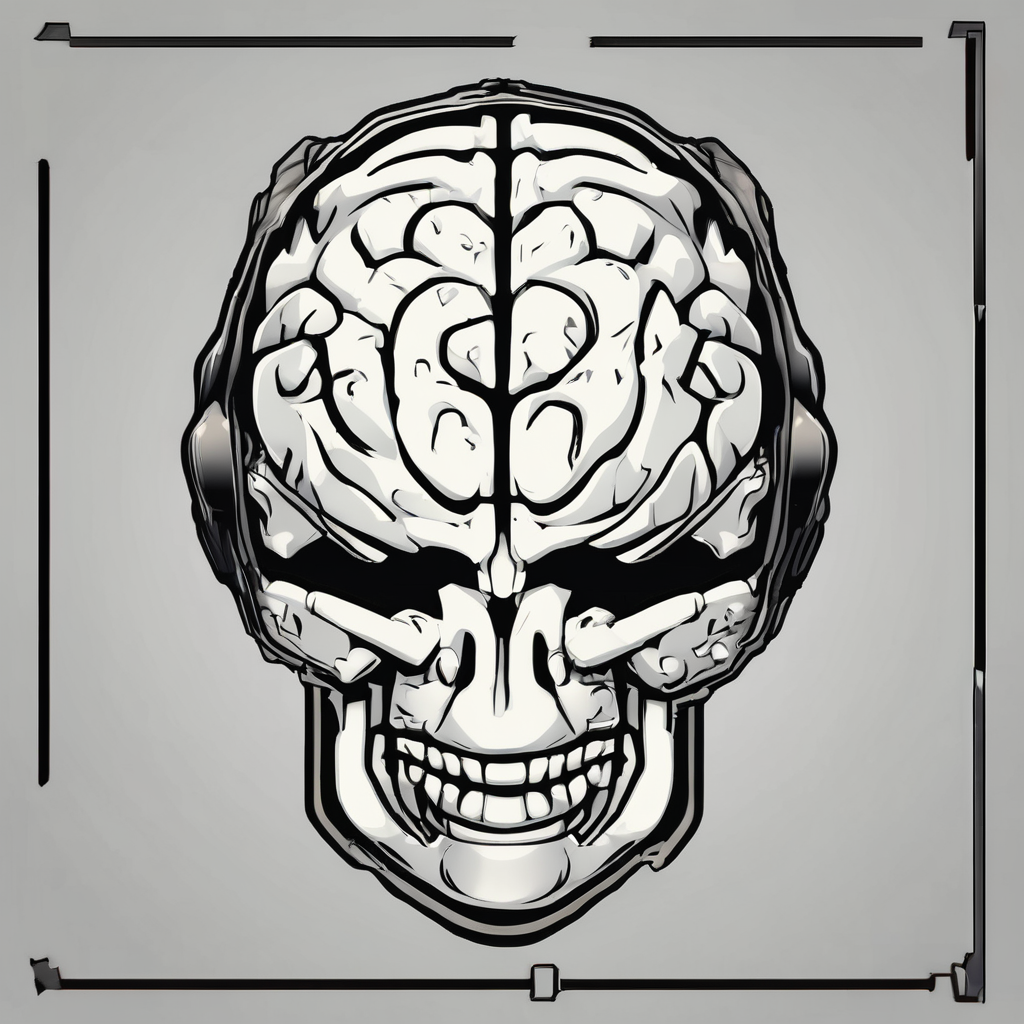Post-Traumatic Stress Disorder (PTSD) can profoundly impact military veterans. The unique demands and experiences of military service often expose individuals to traumatic events that can lead to severe psychological distress. This article will explore effective strategies for managing symptoms of PTSD, providing a comprehensive guide for veterans and their support networks.
Understanding PTSD in Military Veterans
PTSD manifests in various forms among veterans, often stemming from combat experiences, witnessing death, or other extreme stress events. Symptoms can range from flashbacks and nightmares to severe anxiety and depression. Recognizing these symptoms early is crucial for effective management.
Also read : What Are the Long-Term Effects of Consistent Vitamin E Supplementation on Heart Health?
The military culture often emphasizes resilience and stoicism, which can make it challenging for veterans to acknowledge their struggles. This section delves into why understanding PTSD’s complexity is the first step toward effective management. By fostering awareness, veterans can begin the journey toward healing.
Early Recognition and Diagnosis
One of the most critical steps in managing PTSD is early recognition and diagnosis. Healthcare providers and loved ones should be attentive to signs such as changes in behavior, mood swings, and withdrawal from social activities. By identifying symptoms early, veterans can seek timely intervention, which significantly enhances the effectiveness of treatment.
This might interest you : What Specific Breathing Techniques Can Help Alleviate Symptoms of Asthma in Children?
The Role of Awareness and Education
Awareness and education play a pivotal role in managing PTSD. Veterans and their families should be educated about the disorder’s nature, its symptoms, and available treatments. Knowledge empowers them to seek help without stigma, facilitating a supportive environment that encourages openness and healing.
The Stigma Barrier
Despite increased awareness, stigma remains a significant barrier to seeking help. Many veterans fear being perceived as weak, which can hinder their willingness to pursue treatment. Combating this stigma through community support, veteran organizations, and public awareness campaigns is essential for encouraging veterans to prioritize their mental health.
Therapeutic Interventions
Therapeutic interventions form the backbone of PTSD management. Various therapies have proven effective in helping veterans process traumatic experiences and develop coping mechanisms. This section discusses the most prevalent and successful therapies currently available.
Cognitive Behavioral Therapy (CBT)
Cognitive Behavioral Therapy (CBT) is a highly effective treatment for PTSD. This therapy focuses on identifying and changing negative thought patterns and behaviors. Veterans learn to challenge irrational thoughts, reducing feelings of helplessness and anxiety. CBT provides veterans with practical tools to manage their symptoms and improve overall mental health.
Eye Movement Desensitization and Reprocessing (EMDR)
Eye Movement Desensitization and Reprocessing (EMDR) is another effective therapeutic approach. This therapy involves recalling traumatic events while performing specific eye movements, which helps reprocess the memories and reduce their emotional impact. EMDR has shown significant success in treating PTSD, providing veterans with relief from persistent symptoms.
Group Therapy
Group therapy offers veterans a supportive environment where they can share their experiences with others who understand their struggles. These sessions foster a sense of community and belonging, which can be incredibly therapeutic. Peer support reduces isolation and provides a platform for veterans to learn from each other’s coping strategies.
Medication Management
Medication can be an essential component of PTSD treatment. For many veterans, a combination of therapy and medication provides the most effective relief from symptoms. This section will explore the types of medications commonly prescribed and their role in managing PTSD.
Antidepressants and Anxiety Medication
Selective serotonin reuptake inhibitors (SSRIs) and serotonin-norepinephrine reuptake inhibitors (SNRIs) are often prescribed to manage PTSD symptoms. These medications help regulate mood and alleviate anxiety, making it easier for veterans to engage in therapeutic interventions. Benzodiazepines may also be used for short-term relief of severe anxiety but are generally not recommended for long-term use due to their potential for dependency.
Sleep Aids
Sleep disturbances are a common symptom of PTSD. Medications such as prazosin can help reduce nightmares and improve sleep quality. Adequate rest is vital for mental health and overall well-being, making sleep aids an important consideration in PTSD treatment plans.
Monitoring and Adjustments
Medication management requires ongoing monitoring and adjustments by healthcare providers. Veterans should maintain open communication with their doctors to ensure medications are effective and side effects are manageable. Regular follow-ups allow for timely modifications to treatment plans, optimizing outcomes.
Lifestyle and Self-Care Strategies
Beyond professional treatments, lifestyle changes and self-care practices play a critical role in managing PTSD symptoms. This section highlights practical strategies veterans can incorporate into their daily lives to enhance their mental health and well-being.
Physical Activity
Exercise is a powerful tool for managing PTSD. Physical activity releases endorphins, which improve mood and reduce stress. Veterans should incorporate regular exercise into their routines, whether through gym workouts, running, or yoga. Finding an activity they enjoy increases the likelihood of consistency and long-term benefits.
Mindfulness and Meditation
Mindfulness and meditation practices help veterans stay grounded in the present moment, reducing anxiety and intrusive thoughts. Techniques such as deep breathing, progressive muscle relaxation, and guided imagery can significantly alleviate PTSD symptoms. These practices are accessible and can be easily integrated into daily life.
Healthy Lifestyle Choices
Maintaining a healthy lifestyle supports overall mental health. A balanced diet, adequate hydration, and sufficient sleep are foundational to well-being. Avoiding alcohol and recreational drugs is also critical, as these substances can exacerbate PTSD symptoms and hinder recovery.
Building a Support System
A robust support system is invaluable for veterans managing PTSD. This section will discuss the importance of family, friends, and community in providing the emotional and practical support necessary for effective symptom management.
Family and Friends
Family and friends play a crucial role in a veteran’s recovery journey. Their understanding, patience, and encouragement can make a significant difference. Educating loved ones about PTSD helps them provide more effective support, promoting a compassionate and empathetic environment.
Veteran Support Groups
Joining veteran support groups provides a sense of camaraderie and belonging. These groups offer a space for veterans to share their experiences and learn from one another. The shared understanding and mutual support can be incredibly healing, reducing feelings of isolation and fostering resilience.
Professional Support Networks
Professional support networks, including therapists, counselors, and social workers, are essential resources for veterans. These professionals offer expert guidance and support, helping veterans navigate the complexities of PTSD treatment. Connecting with these networks ensures veterans have access to comprehensive care tailored to their unique needs.
In conclusion, managing symptoms of Post-Traumatic Stress Disorder in military veterans requires a multifaceted approach. Early recognition and education set the stage for effective intervention, while therapeutic interventions such as CBT and EMDR, coupled with medication management, provide structured treatment options. Incorporating lifestyle changes and self-care practices further support mental health, and building a robust support system ensures veterans are not navigating their journey alone.
PTSD is a challenging condition, but with the right strategies and support, veterans can manage their symptoms and lead fulfilling lives. By fostering awareness, promoting therapeutic and medical interventions, and emphasizing the importance of a supportive community, we can help our veterans achieve the healing and peace they deserve.






